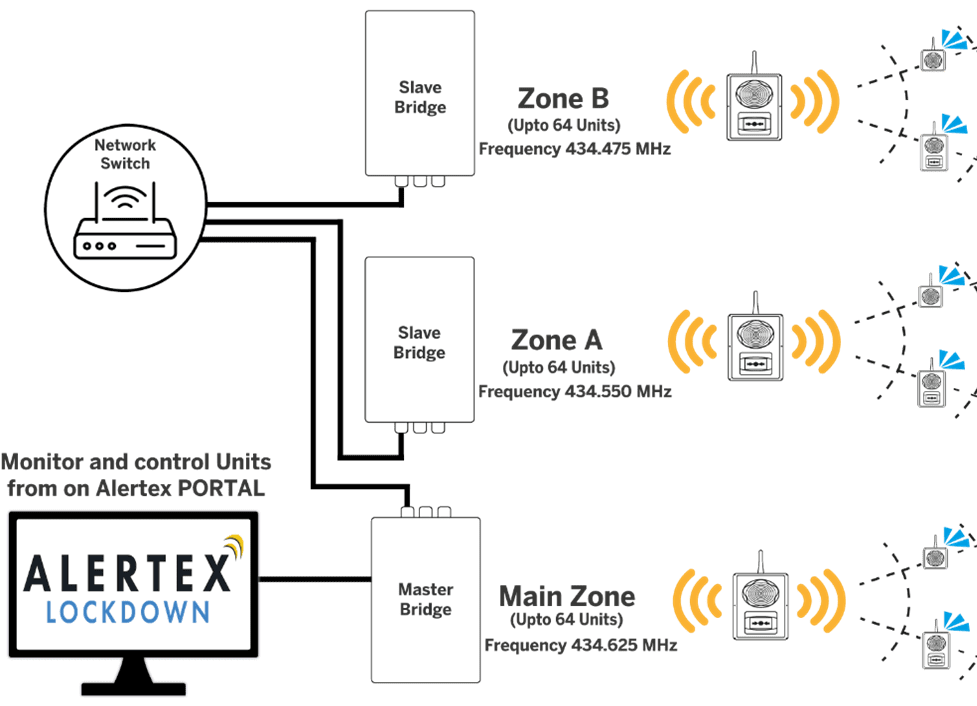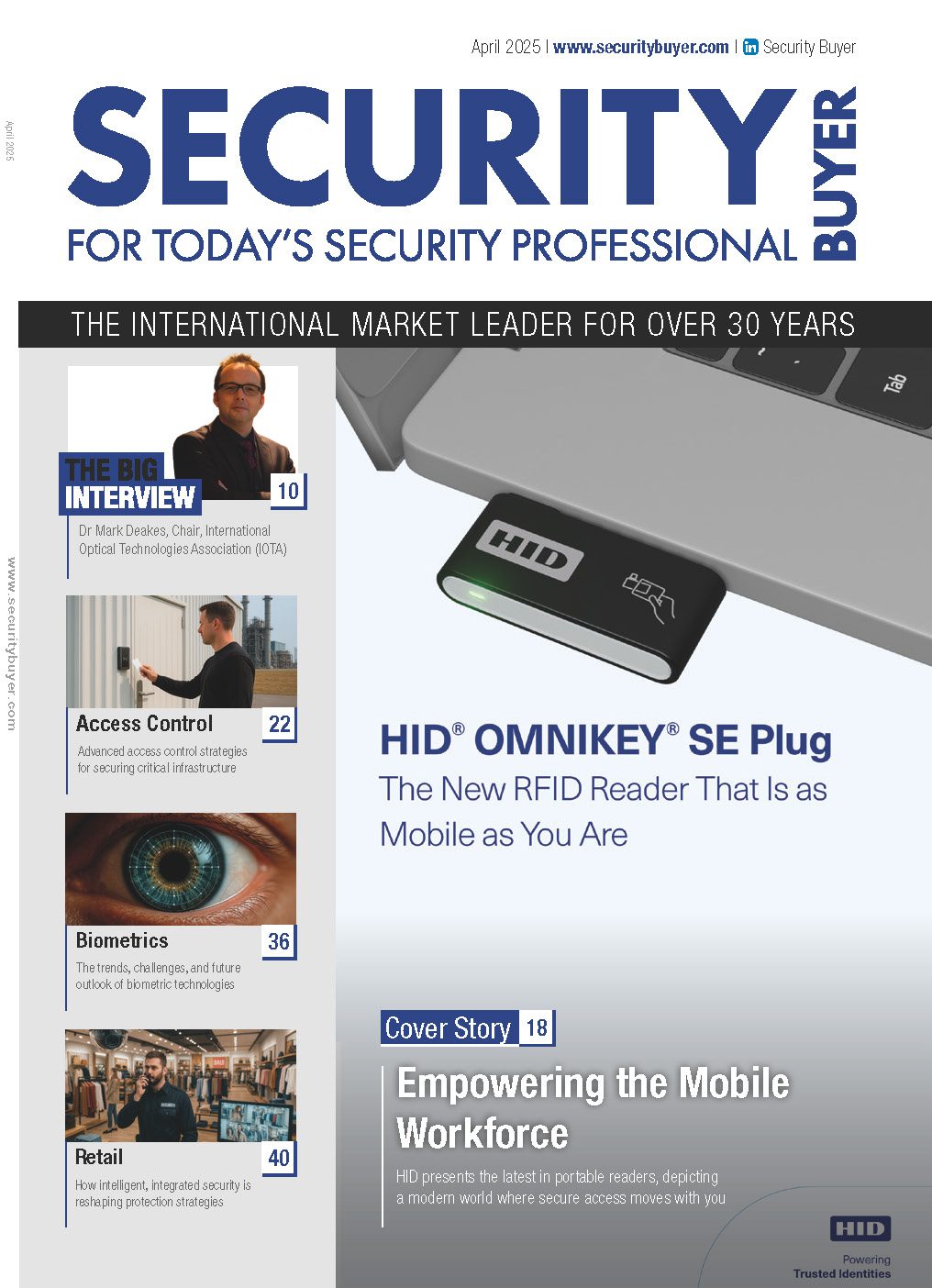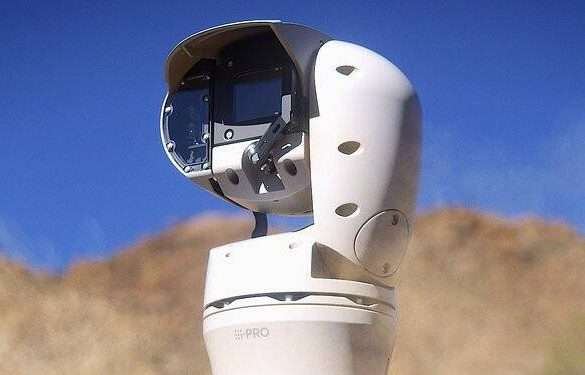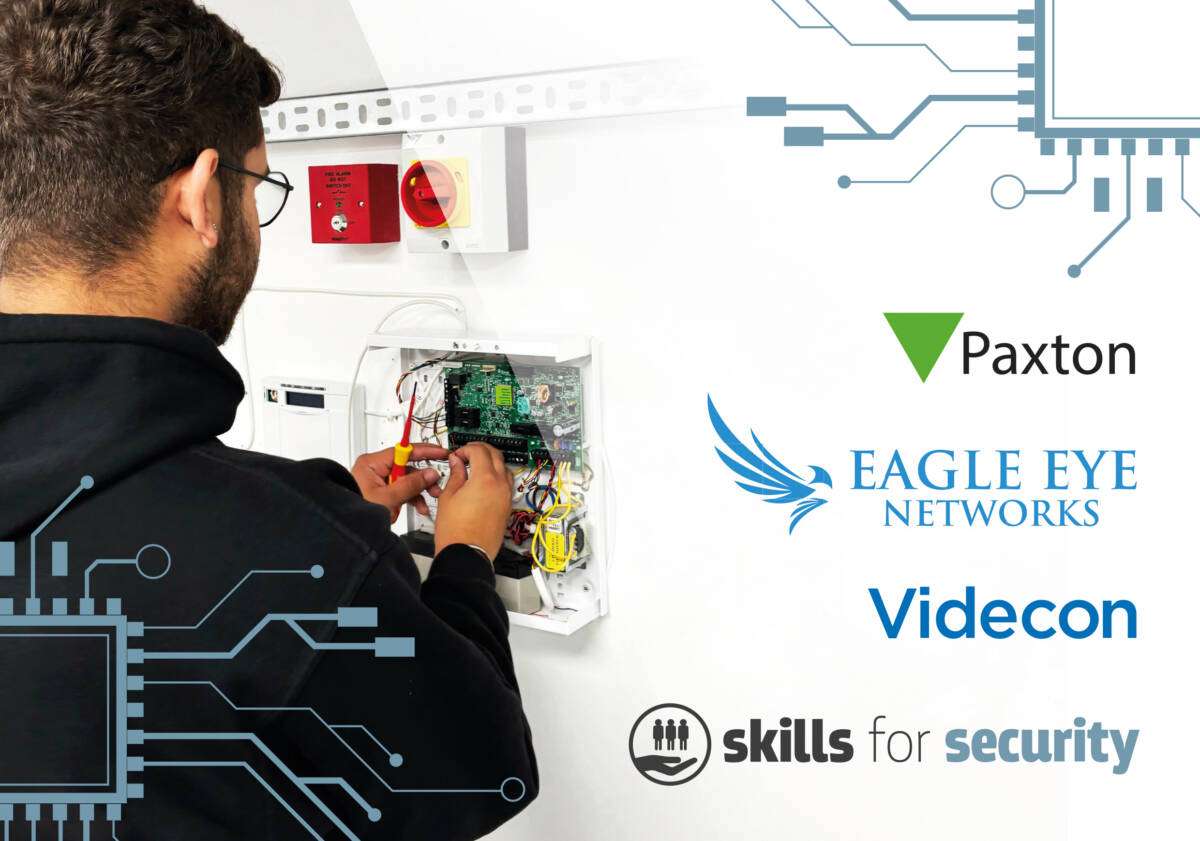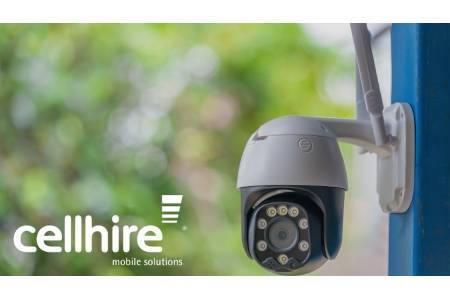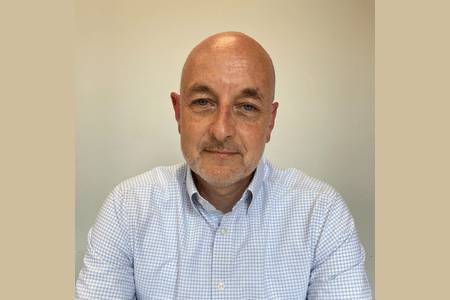 Premier Communication Electronics (PCE) supplies a wide range of solutions to the security industry, including vehicle and asset tracking, managed solutions for emergency services, hands-free mobile phone kits, lone worker solutions, and an array of radio communication solutions.
Premier Communication Electronics (PCE) supplies a wide range of solutions to the security industry, including vehicle and asset tracking, managed solutions for emergency services, hands-free mobile phone kits, lone worker solutions, and an array of radio communication solutions.
Established in 1976, PCE is widely recognised as a leader in Two Way radio communication, making Stephen Smith, PCE National Account Manager, the ideal person to provide expert insight into the vital role radio plays in the modern security industry.
 With the support of PCE’s leading supplier, Hytera, Stephen spoke to SecurityNewsDesk and shared his valuable perspective. Being a leading name in radio communications products makes Hytera’s industry knowledge and products a vital partner to PCE.
With the support of PCE’s leading supplier, Hytera, Stephen spoke to SecurityNewsDesk and shared his valuable perspective. Being a leading name in radio communications products makes Hytera’s industry knowledge and products a vital partner to PCE.
- How has radio technology developed over the years and what is the future?
Demands in the professional environment have meant that the operational requirements placed on communication equipment have evolved, and the traditional analogue service is no longer able to meet these needs completely. With the cost of digital two-way radios now at more affordable levels than ever before, the key question is no longer “why digital?” but “why not digital”?
The main advantages of digital are:
- Clearer signals well beyond that of analogue radios, meaning digital radios can be used over a much wider area.
- A reduction in external background and ambient noise, making digital perfect for use in noisy environments such as construction and manufacturing or outside in windy conditions.
- A digital system can be easily integrated into wireless IP networks, SIP telephony and telephone interconnection and reducing mobile phone costs. This means that even when a worker is away from a work station, communications are not lost and efficiency is improved.
- How do licences affect the use of radio systems?
The use of radio continues to expand rapidly. This applies to public, business, broadcasting and leisure activities. The use of radio is carefully planned to give as high a standard of service as possible. Unauthorised use of radio can cause harmful interference to legitimate users. Safety of life may be put at risk if, for example, the radios used by emergency services suffer interference. The successful running of a business can also be affected by radio interference.
Recently, Ofcom introduced £100 fixed penalty notices to encourage licence holders to ensure they hold valid licences at all times to prevent interference to the radio spectrum. Ofcom takes firm action to deal with people who commit criminal offences related to radio spectrum and will consider criminal prosecution, which may have serious consequences such as a substantial fine and/or imprisonment if convicted.
Part of PCE’s client services include the management of Ofcom licensing such as assisting with applications, changes and renewal of licences.
- Can you elaborate on the effective use of tracking devices as part of radio security systems?
Radio-frequency identification (RFID) and locating beacons are the key pieces of technology in this field. RFID technology has uses in many different applications. For example, stores use RFID tags to track inventory and use it to encode identification data in important documents.
While RFID tags offer considerable advantages over other tracking systems, they also have weaknesses that third parties can exploit, and disadvantages that you should take into consideration before adopting this technology.
Locating beacons can use a real-time mapping and dispatcher systems for the tracking and recording of the location and movement of radio users in both indoor and outdoor environments.
The system collects and displays live updates of movements and change of operational status of radio users within an area. An important feature of a beacon system is the ability to automatically centre in on an emergency when the emergency button is pressed on a handset, in addition to being able to pinpoint its exact or nearest location using street names or significant buildings.
- What is different when approaching a single big event vs. an ongoing solution at a facility?
At PCE, we understand that large events tend to be unpredictable, with operators having to think on their feet and swiftly react to events, whereas at a permanent site, such as a hospital, there tend to be standard operating procedures in use.
The keyword at PCE is ‘partnership’. We listen to our clients’ needs, as no two requirements are the same, and we work as a partner to develop and deliver solutions so we can respond quickly when required to do so. This applies equally if it’s a new radio system built to order, maintenance of a legacy site or a live event hire. Regardless of the solution, PCE believes in treating your challenges as ours and solving them together.
Our teams of strategically placed field engineers offer a nationwide service and regard every customer request as vitally important and our satisfaction comes from exceeding these expectations.
- How do terrain and environmental factors affect radio solutions, and what advantages does radio offer in difficult environments?
It is important, if possible, to a conduct radio survey before any deployment of a radio system as the system planner has to take outside terrain and building construction into account. Major obstacles are usually bypassed using repeaters or using incremental power outputs.
This is where PCE offers a professional pre-sale consultation, followed up by a radio frequency engineering survey. Radio frequency engineering deals with devices that are designed to operate in the Radio Frequency spectrum. Once completed, a proposal is based on the prospects requirements and the latest technology that meets those demands.
- How does radio fit onto security systems a whole, for example in conjunction with CCTV?
Different applications can be developed for a variety of different scenarios which use digital triggers to alert radio users to an incident, thus increasing response time.
- Where does radio fit into the security industry’s march from analogue to digital?
With the advancement in digital radio technology, speech quality is far superior compared with analogue. Noise reduction also cuts down on external background noise thereby increasing clarity. Digital also increases application functionality i.e. text, GPS and third party bespoke applications reducing the resource burden.
- Is radio technology the only/best way to ensure security on a private line?
Modern-day digital radios now have built in encryption with the option for enhancement. Single channels can also be individually encrypted.
When security of information passed between two-way radios is paramount, traditional analogue radios would require costly sophisticated high security hopping code and frequency domain voice scramblers to protect conversations.
With Digital 64 bit encryption as standard, users have the peace of mind that all of their data is only communicated to the required parties and you are protected against casual eavesdroppers.
Users who can benefit from digital encryption include:
- Military – maintains classified and secret information.
- Police – protects sensitive information form eavesdropping.
- Ambulance – maintains the integrity of patient confidentiality.
- Taxi and breakdown firms – preserves commercially information.
- Sports teams – enables tactics and coaching information to be kept secure.
- Taxis and breakdown firms – preserves commercially sensitive information.
- Can you explain how radio solutions are more than a security tool?
With the advancement in digital radio technology, a radio is not just a radio; it is an effective communication and management tool. Application development makes tracking items or personnel management easier than using a paper map. The text facility does away with the need for a notebook.
10. What are the top benefits to security system that uses Hytera / PCE’s radios?
Radio systems can use company-owned infrastructure negating the need to utilise costly line or microwave links, instead the radio systems can be linked using IP.

The flexible Hytera radio solutions from PCE allows for a wide variety of system requirements to be catered for. PCE is able to offer these systems as capital sale, leasing, short-term or contract hire options. If users are looking to increase productivity and the effectiveness of staff and share information instantly for your business or live event, then digital radios and PCE are just what they need.
Stephen’s insight on this topic has been supported by Martin Edwards of Hytera.
For more information on PCE’s services, visit www.pce-uk.com.




